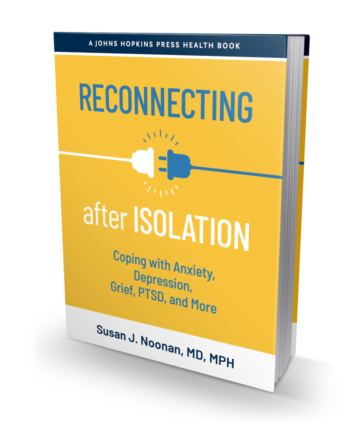Treating your depression and bipolar disorder is ideally a joint effort between you and your doctor(s) that often involves both medication and talk therapy. Decisions made in partnership with your treatment providers are called “shared decision making.” It is the model of patient centered care, a process where the clinician and you as the patient work together to make decisions, select diagnostic tests, treatments and care plans based on clinical evidence while balancing the risks and benefits with your personal preferences and values. Your physician or therapist will offer you information about your illness in a way that is clearly understandable to you. He or she will respect your goals and preferences and use these to guide his recommendations and treatments. Shared decision making is useful in general medicine as well as in mental health care.
For example, if you are bothered by the side effect of a treatment, say decreased sexual interest or excessive weight gain, then you and your physician will discuss your concerns and the various treatment options and together you make another choice. This is done while maintaining respect for your opinion. It is a different model in medicine from several decades ago, where the person’s preferences were not highly regarded and the physician’s opinion was rigid.
Why do all of this? First, it helps you understand the treatment options open to you. It encourages you to ask questions without feeling foolish. You have input in the decision as an active participant, which makes you feel respected and improves self-esteem. You are also better able to follow through on his or her recommendations. When this happens, your end result, or outcome, is improved. Shared decision making also helps to build a trusting relationship with your clinician.
What does doing this entail? You must seek out information about your illness when offered. You must also take some responsibility for speaking up to share your concerns, goals and questions. Now this can be difficult to do for several reasons.
Some people are not used to interacting in this way with their doctor, and they are uncomfortable with it. They might feel it is perhaps disrespectful, challenging to him or her, the person more “book-smart” in this field. Or they may believe the material is too complex to grasp. Try to remember that you are an expert of your own illness, an “expert by experience.” Another reason this is difficult is because of the clouded thinking that often accompanies depression or bipolar disorder. You might believe that you can’t think clearly enough to understand or sort out the decision points. You won’t have to worry about this, as you won’t be alone in this process. Your clinician will offer you information about your illness and treatment options in understandable language, and because it is a collaborative effort he or she will not let you wander off to make bad treatment decisions by yourself.
For more on this I direct you to the AHRQ website (Agency for Healthcare Research and Quality).
Stay well!
A version of this article was previously posted on PsychologyToday.com.

